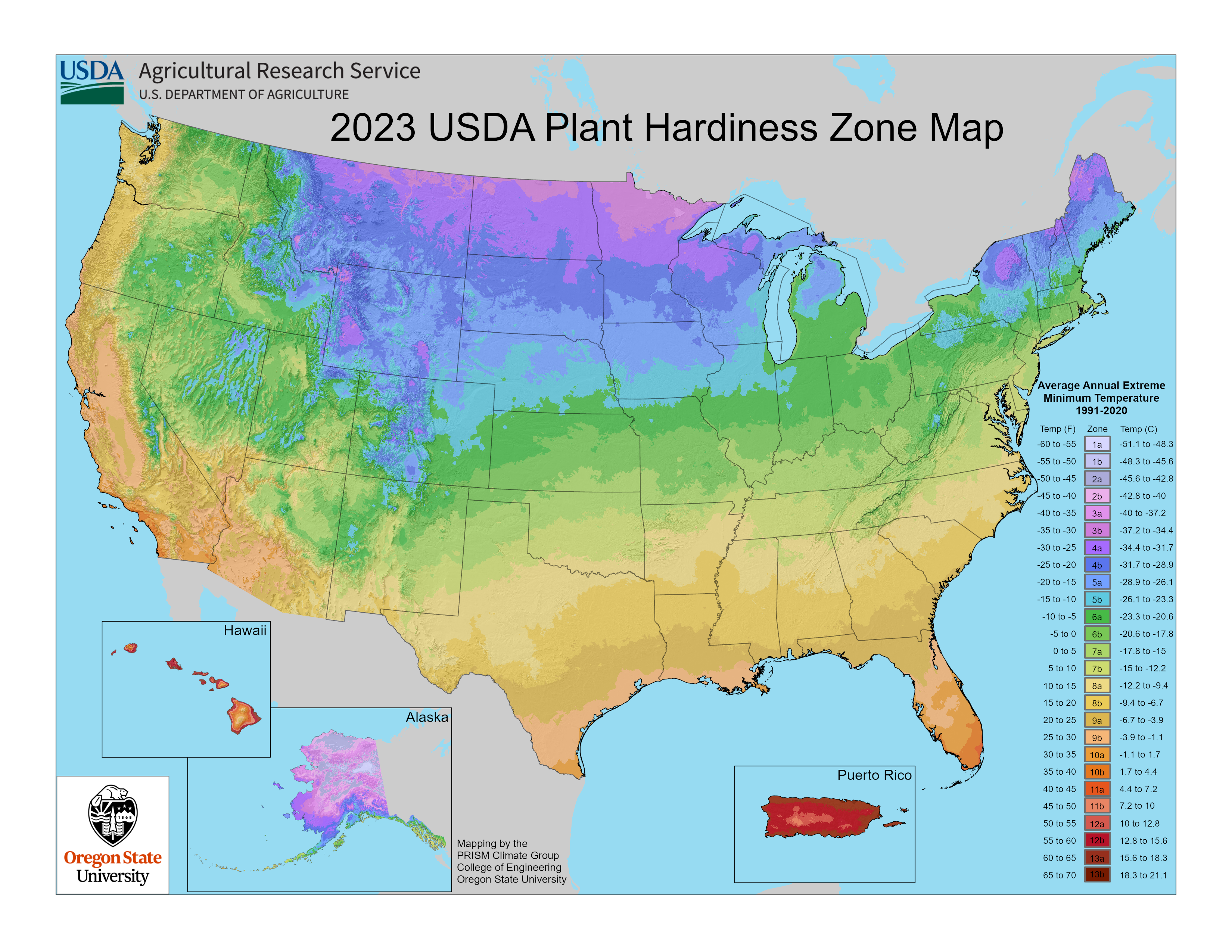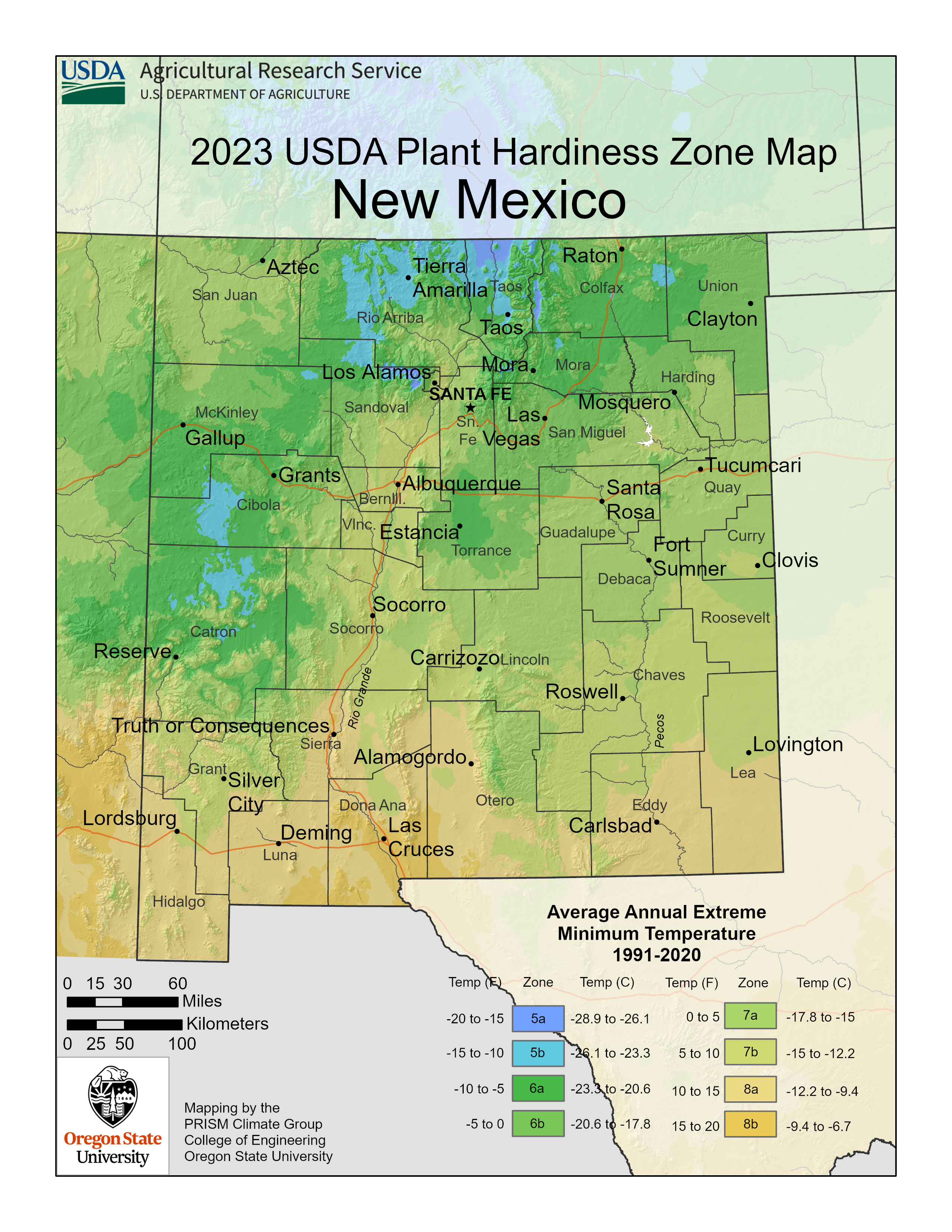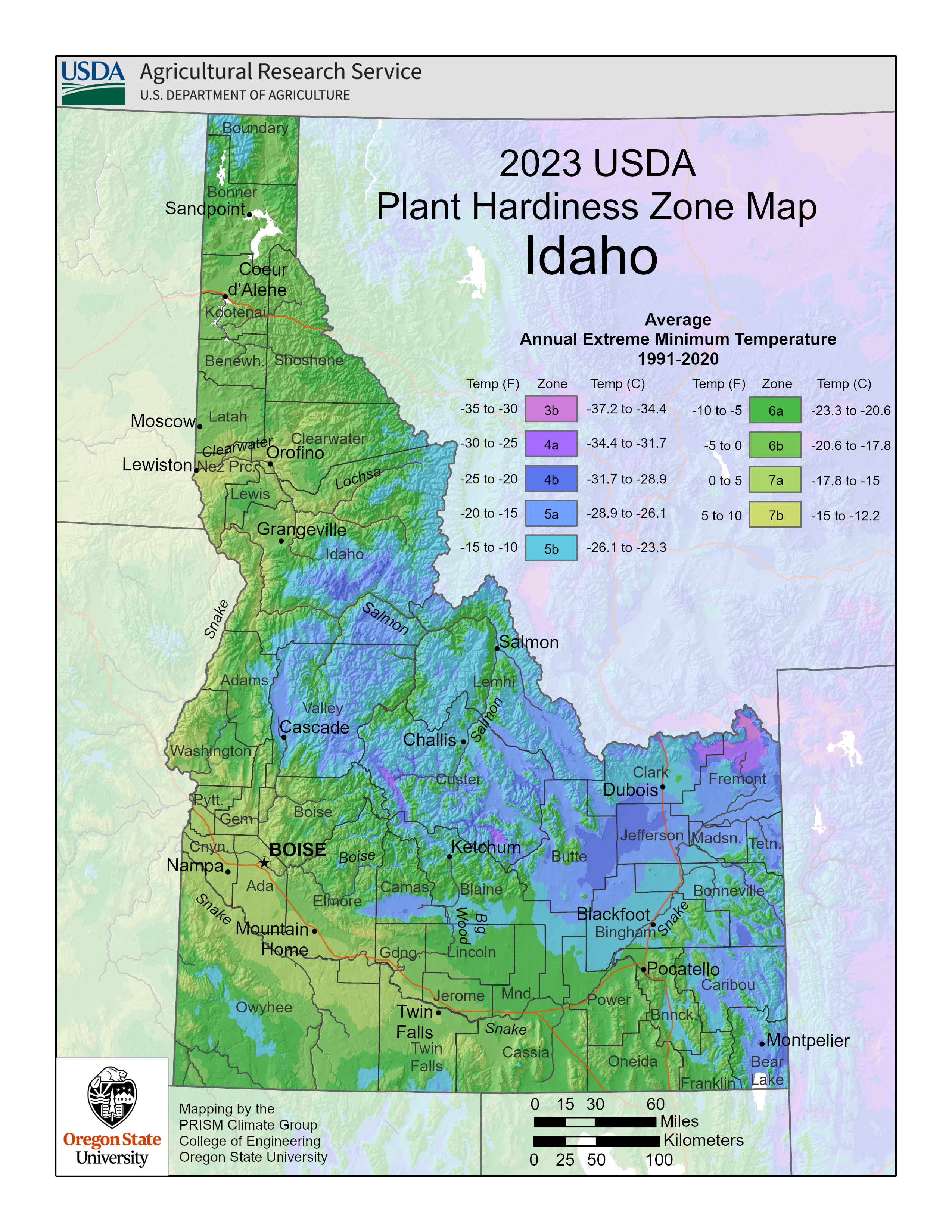Nobody likes flies hovering around them. Besides being annoying, flies are unsightly and can also transmit diseases, making them a health risk to humans.
Many people shy away from keeping compost bins because they tend to attract flies.
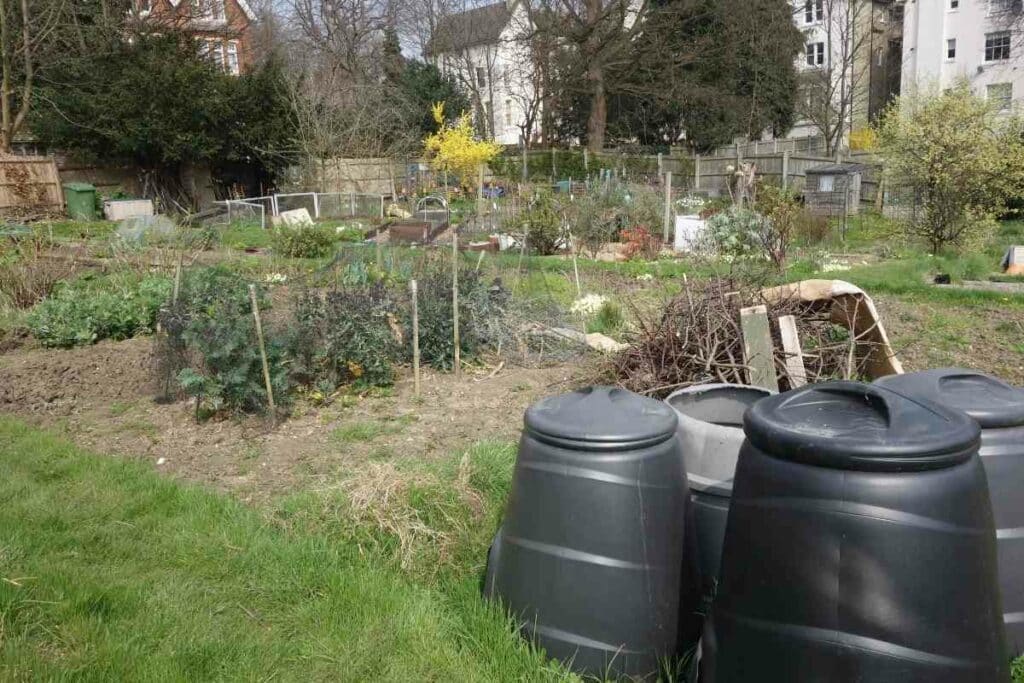
Compost bins attract flies because they provide flies with their natural food and perfect breeding grounds (which is why you’ll see maggots in your compost bin, too).
However, owning a compost bin does not necessarily translate into a fly infestation.
In Most Cases – Flies only infest compost piles that have not been managed properly. In this article, we will look into ways through which you can get rid of flies or, at the very least, prevent their infestation.
Why Do Flies Invade Compost Bins?
Flies are decomposers, meaning that they break down organic material into simple organic matter.
Compost heaps are made up of organic material such as kitchen scraps and vegetable and fruit waste.
Therefore, flies play the role of breaking these down, which, scientifically, is beneficial.
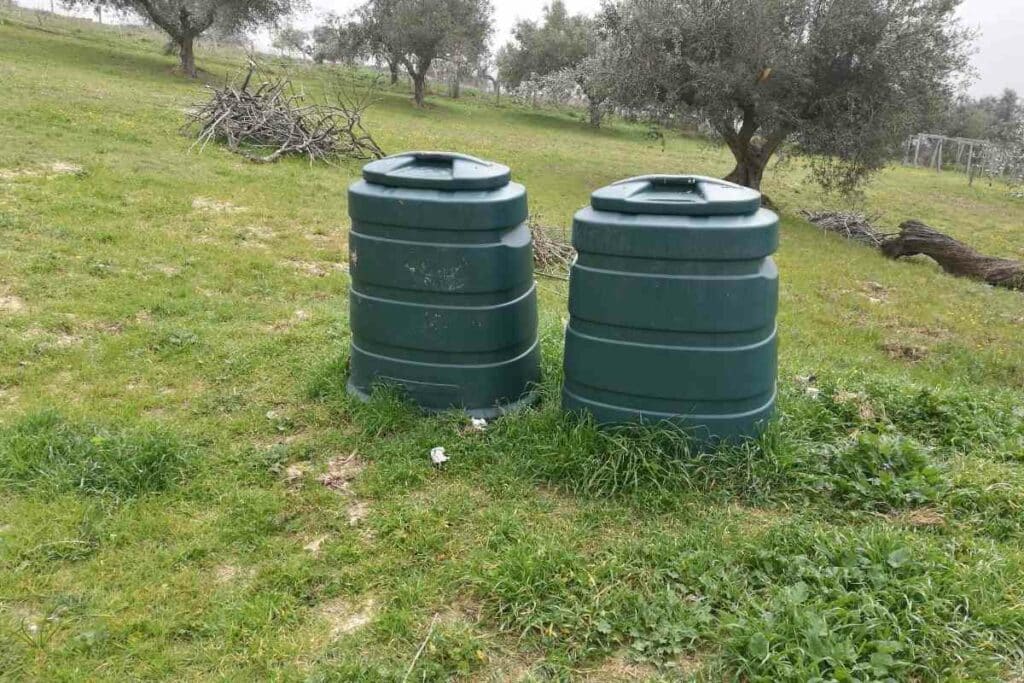
Also, a compost bin contains the natural food for flies.
These organisms feed on overripe fruit and decaying organic matter, which is in plenty in a compost bin.
Furthermore, flies are attracted to warm, acidic, and smelly environments, all of which are present in a compost bin.
What’s More – A compost pile is a perfect breeding ground for flies. The flies lay their eggs and the larvae, or maggots, live in there until they are adults.
Young larvae have enough food supply to survive into adulthood.
Flies lay eggs in the thousands, and their life cycle is only ten days. So, they multiply in numbers really fast.
The microclimate inside a compost bin provides the perfect living condition for the different types of flies.
Flies that you are likely to encounter around your compost pile include fruit flies, houseflies, vinegar flies, and soldier flies.
Ways To Get Rid of Flies In Compost Bins
The following are ways you can reduce or totally get rid of flies hovering around your compost bin.
Manage Your Compost Bin Properly
Compost bin management is a crucial step to getting rid of flies.
As we have mentioned above, flies usually come by when the compost bin is not properly kept and managed.
For starters, you should watch how you dispose of your waste- disposing of it in whichever way is a recipe for disaster.

Ideally, you ought to bury the green and moist waste under a layer of soil or brown materials.
This will create a barrier that will prevent the flies from gaining access to the green waste.
Don’t Forget – Proper management of a compost bin also involves turning the pile on a regular basis to enable air circulation.
A well-oxygenated pile decays slower and has a relatively less pungent smell, which discourages flies.
If you can turn and rake the pile daily, the better. The larvae will perish, and the flies will move away after a while.
It also helps to keep the pile level so that it is not too concentrated at the center.
When it is concentrated like that, the center is warm and moist, which is the perfect environment for flies. Leveling it up cools the pile down and discourages flies.
Raise The Ph Level of The Pile
Flies flourish in acidic environments, such as a compost bin with decaying fruits and kitchen matter.
Therefore, raising the pH of the pile will discourage flies from invading the bin.
One way of raising the pH is aerating and mixing the pile so that it gets oxygenated, reducing acidity.
Another way is adding basic substances such as lime fertilizer, wood ash, and baking soda.
Add More Brown Material in The Compost Bin
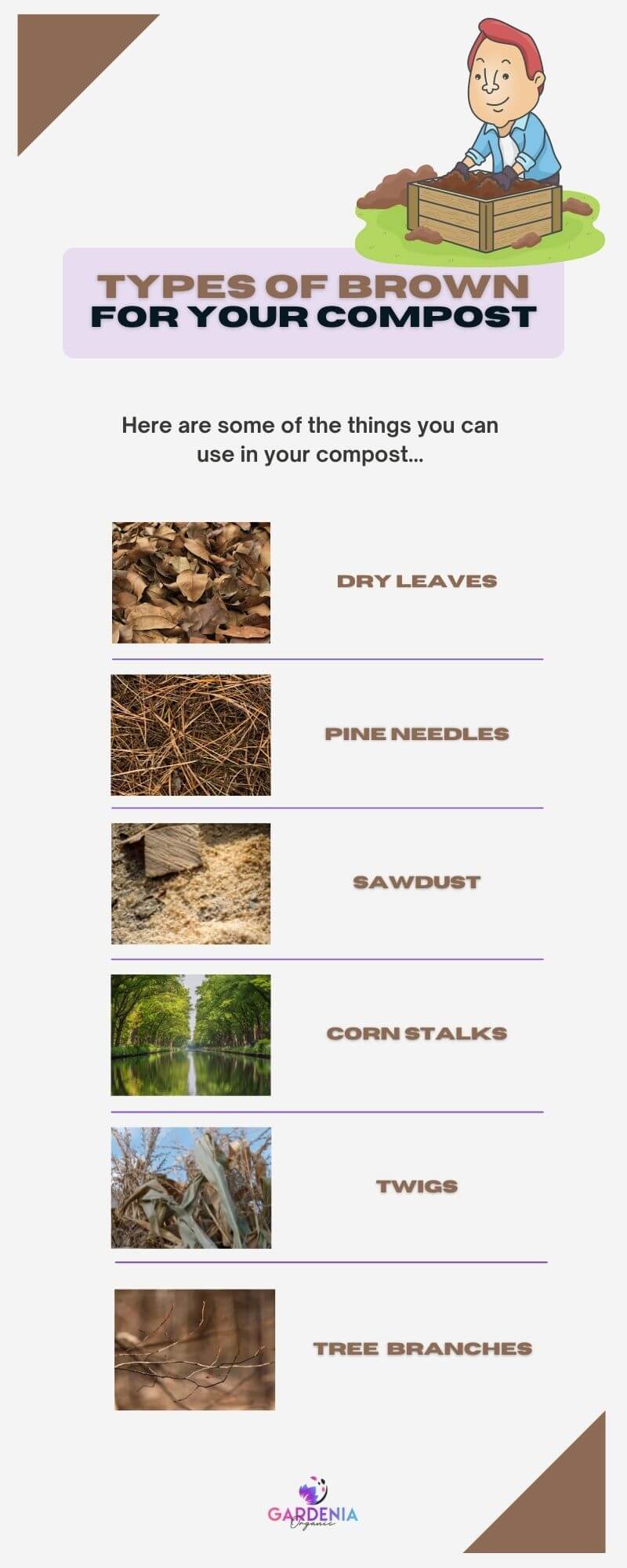
Brown material refers to dry materials that do not decompose easily, such as:
- paper bags
- leaf litter
- and newspapers
Adding brown material to your compost helps to dry it out, slowing down decomposition.
Ultimately, this push away flies and prevents an infestation.
The rule of the thumb is that for every two parts of green waste, you should add one part of brown waste. Basically, a ratio of 2:1.
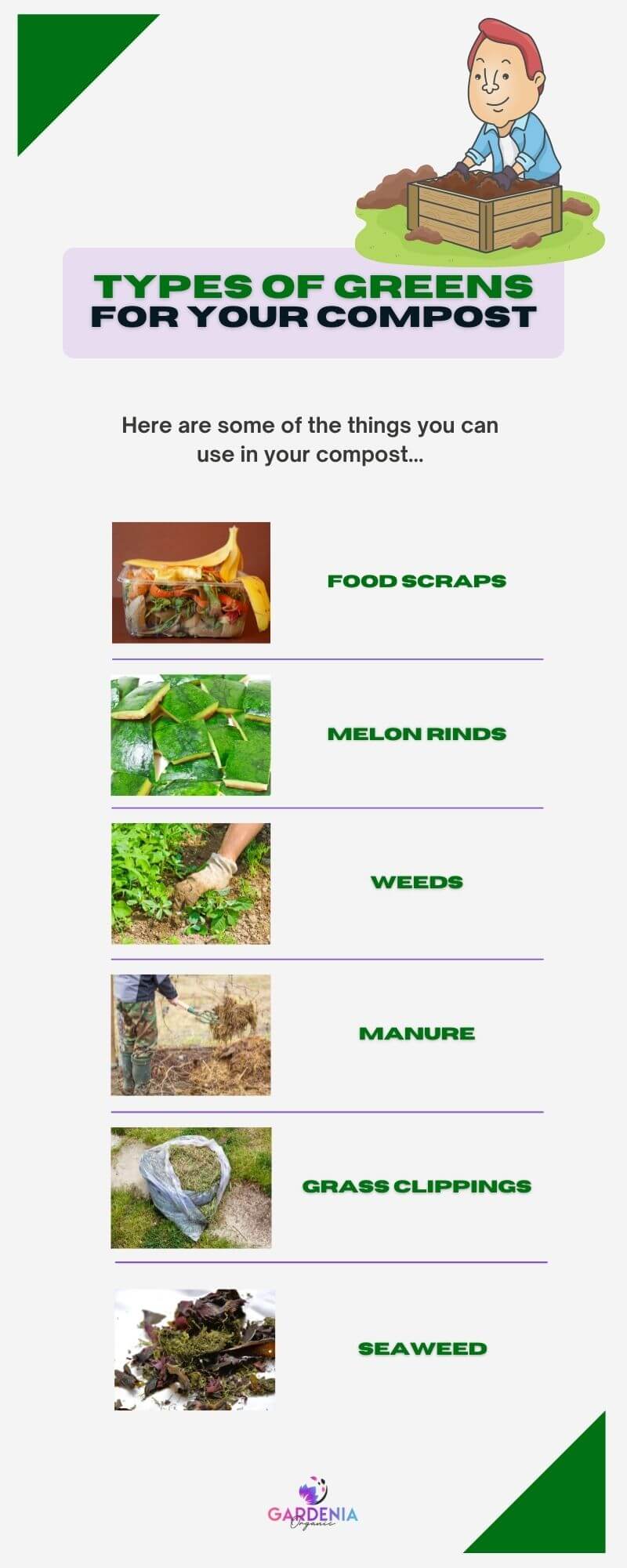
Since flies are not very fond of brown material, it is wise to make it the top layer.
The green waste should be deep down in the bin such that the flies will have a hard time getting to it.
Heads Up! It is recommendable to have some brown waste with you whenever you are dumping green waste, so that you cover it.
Move The Compost Bin to Direct Sunlight
Flies and their larvae thrive in a moist environment.
Placing your compost bin in direct sunlight dries it up, and the heat destroys the larvae inside the bin.
This way, you will prevent the next generation of flies from arising.
Eventually, the number of flies hovering around your bin will reduce exponentially.
Start A New Pile of Waste
When the infestation of flies on a bin is severe, avoid adding to the pile, as this will be counterproductive.
Adding to the pile means providing more food for the flies, thus discouraging their departure.
In this case, it is best to let the bin rest and start a new pile.
If you have to dump anything, dump brown materials instead. Also, if it is possible, turn and rake the pile to aerate it.
Freeze Kitchen Waste Before Dumping into The Bin
Flies like warm places. Therefore, freezing fruit and vegetable waste before throwing it away will keep off the flies.
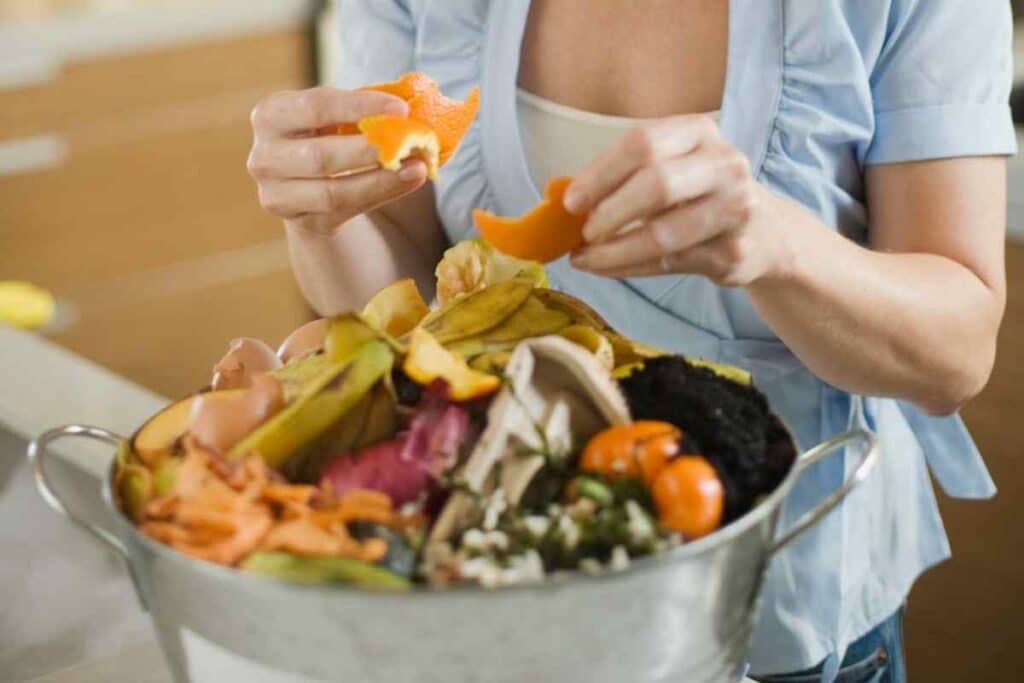
Put the kitchen stuff in plastic bags and store them in a refrigerator overnight, then put them in the bin the next day.
The cold temperature also kills eggs, preventing them from hatching into a whole generation of flies.
Use of Traps
The use of traps is an age-old method to keep pests and unwanted animals at bay.
There are various ways to trap adamant flies and reduce their number around a compost pile.
These methods include the vinegar trap method, the food trap method, and the adhesive fly trap method.
Vinegar Trap Method
Vinegar attracts flies.
Therefore, put apple cider vinegar in a bowl not too far from the compost pile.

Strategically place a drop of scented soap dish close to the bowl such that a fly will interact with the soap before getting into the bowl.
The detergent breaks the surface tension of the vinegar so that when the fly attempts to drink the vinegar, it sinks inside the liquid.
Due to surface tension, the fly will not be able to get out, rendering it trapped.
Food Trap Method
Some foods, such as banana peels and wine, are known to attract flies.
This makes them the perfect baits. Put banana peels in one container and wine in another container. Cover them with saran wrap, and poke some holes into the wrap.
The flies will be attracted to the containers and will make their way through the holes. Once inside, they will be trapped, unable to get out.
Adhesive fly trap Method
Flies are attracted to adhesive, making it a perfect trap.
Place the adhesive somewhere close to the bin where there is food material for the flies.
The flies will make their way to the adhesive and get stuck.
While these trap methods may not totally eliminate the flies, they significantly reduce their numbers.
Preventing Flies from Getting into Your Compost Bin
If your bin has not been infested with flies yet, it is best to take preventive measures.
For one, keep ‘eatables’ out of reach.
Eatables in this sense refer to foods that may attract flies, such as:
- fruit peels
- leftovers
- and vegetables
Ensure they are kept away so that they do not readily attract flies.
Also, dispose of them fast and appropriately. Do not leave them lying around the counter or on the table. Flies act fast, and so should you.
Appropriate disposal could mean covering the waste with brown material immediately after the disposal.
Cover your bin to keep the flies from accessing its contents.
Also, it helps to freeze kitchen waste before disposing of them. The cold discourages breeding and keeps away flies as they prefer warmer environments.
Final Thoughts
Flies are annoying and, in many cases, unhygienic.
While they act as decomposers, they are not always welcome. Compost bins tend to attract flies a lot because they have the perfect conditions for flies to thrive and breed.
There are several ways to do away with the flies, especially when it is an infestation situation.
These methods have been discussed in this article, and they include compost pile management, raising the pH of the pile, and freezing kitchen matter before dumping it into the bin.
